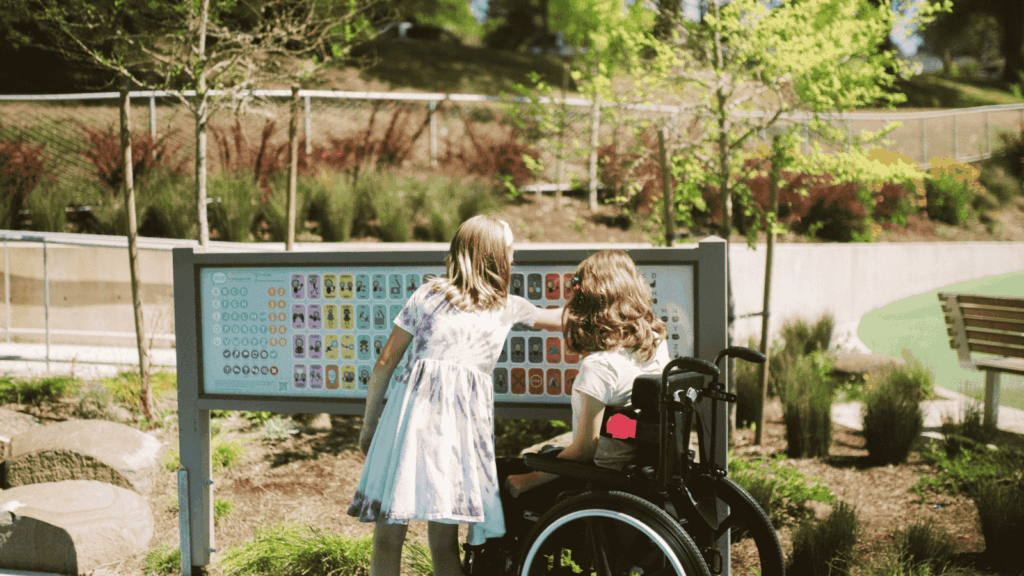Benefits in work
3 mins read
This advice applies across the UK.
Being in or moving into work will make a difference to the benefits you might be able to claim. On this page, we explain what benefits you might still get alongside your earnings.
In this article
Benefits that are not affected by work
Some benefits that you get will not be affected by being in work.
For example, any Disability Living Allowance (DLA) or Personal Independence Payment (PIP) paid to your child can continue regardless of whether you start work or not. The same applies to Adult Disability Payment and Child Disability Payment in Scotland.
Child Benefit also continues to be paid when you are working. However, if you or your partner earn more than £60,000 per year, your Child Benefit is reduced. This is done by way of a claw back through the income tax system. If you earn more than £80,000, all of your Child Benefit will be recovered through income tax.
Any Council Tax discount or Council Tax disability reduction continues while you are working.
Benefits that may be affected by being in work
Many benefits are affected by earnings. For example, it is only possible to continue receiving Carer’s Allowance if the carer’s earnings are no more than £196 per week after certain deductions. Any earnings that the carer’s partner has are ignored.
Many benefits are means-tested. This means that any earnings you or your partner have are likely to affect these benefits.
Other benefits like Universal Credit, Housing Benefit and Council Tax reductions are also affected by earnings. Depending on the amount of your earnings and your other circumstances these benefits may not necessarily stop. Often they can continue although the payments you receive may be lower. If your earnings are low some or all of these benefits may be unaffected.
You continue to be eligible for the carer’s element of Universal Credit if you return to work, provided you are caring for 35 hours per week for someone in receipt of a relevant disability benefit. This means either the middle or higher care rate of Disability Living Allowance or either rate of the Daily Living component of Personal Independence Payment. There is no earnings limit for the carers element and you do not have to be in receipt of Carer’s Allowance to qualify.
You may continue to be eligible for the LCWRA element of Universal Credit if you return to work and have a disability or health condition yourself. If you are returning to work because your health has improved, then Universal Credit may carry out a new Work Capability Assessment to confirm whether you can still be considered to have Limited Capability for Work and Work Related Activity (LCWRA).
If your earnings are above certain levels you may also find that you no longer automatically qualify for things like free school meals or help with NHS costs.
Related information

Grants, loans, savings & local authority schemes
Information about charity grants you might be able to apply for, local welfare schemes and budgeting loans/advances.
Read more
Transport & leisure discounts
Information about help with parking, getting a car, paying road tax and rail and bus travel, as well as advice on saving…
Read more
Local support & legal advice
Information about the help available in your area, from local advice organisations to parent support groups.
Read more